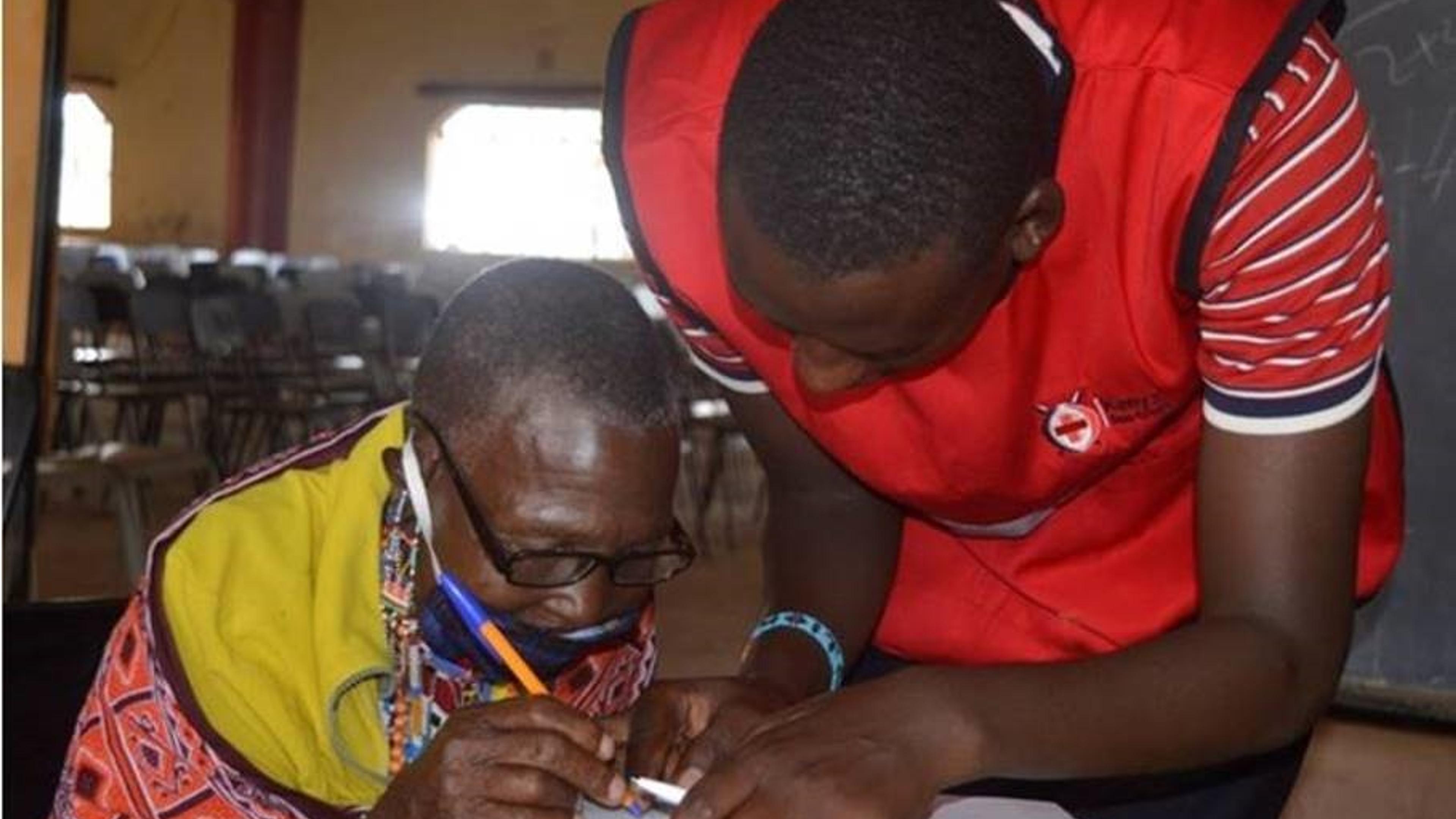Dignified identities in cash programming II (DIGID II)
 © Norwegian Red Cross
© Norwegian Red CrossWhat is the humanitarian challenge?
DIGID II will continue to tackle the challenges of people with no recognized IDs to receive humanitarian assistance such as cash. This work is also aimed at addressing the siloed and duplicative efforts undertaken by humanitarian organizations with regards to registering personal information of affected people and the lack of autonomy for recipients of digital IDs to manage and control their own personal data.
What is innovative about this project?
The layered approach for DIGID envisions the setup of a technical architecture and a minimum viable product (MVP) for a digital identity solution that could be applied in different humanitarian contexts. DIGID I focuses on the core architecture and MVP layer for Identity Management, where people with no identities are set up with functional digital identities that enable them to receive cash assistance, with a pilot among non-displaced populations in Kenya. The next layer, DIGID II, expands the core elements to Service Management by addressing the problem of identities in the context of forced migration, ensuring access to essential services and protection for vulnerable migrants.
What are the expected outcomes?
The DIGID consortium will leverage their combined capacity and experience to develop and adapt technologies that can, at scale, address several core challenges faced by the humanitarian sector in provision of assistance to vulnerable migrants:
- Access to tailored humanitarian assistance for vulnerable migrants: At an individual level, the digitized functional identity will allow migrants to control and carry with them their historical transactional data along their journey in a secure manner. This will help inform the type of services that they receive and ensure continuum of assistance.
- Data protection and security: Certain vulnerable groups are apprehensive of being registered, fearing that this can lead to surveillance, tracking, and loss of privacy. User-managed identities puts control and autonomy over personal data in the hands of the user.
- Compliance and risk management: Use of digital, anonymous registration and issuing of digital credentials to program participants - mostly without a need for registering their identity - reduces the need for agencies to collect and store personal identifiable information on data systems and collection tools, implying less risk of such information being compromised while also improving compliance through enhanced documentation of field activities and transactions.
- Collaboration and scale: The principle of humanitarian agencies accepting and recognizing digital credentials issued for humanitarian purposes supports interoperability. This leads not only to improved efficiencies in humanitarian assistance and protection, but also in enhanced quality and coherence in the support provided.
Who are the project partners?
The project is led by the Humanitarian Innovation Platform consisting of Norwegian Church Aid, the Norwegian Red Cross, the Norwegian Refugee Council and Save the Children Norway. The consortium went through an innovative procurement process to find their private partner Gravity.